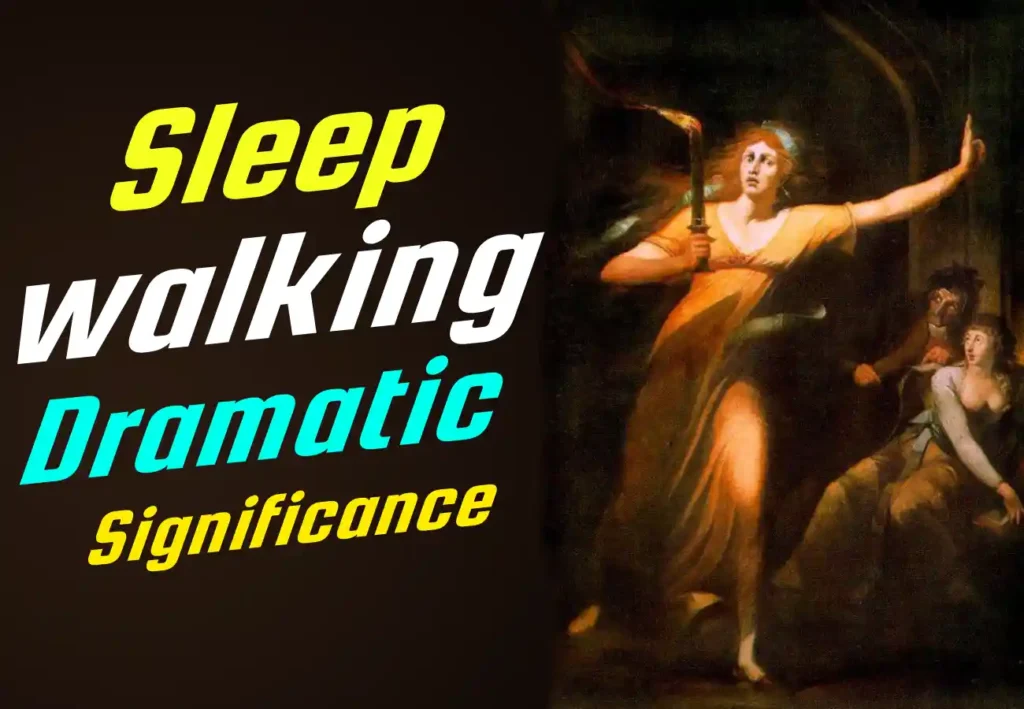When a student of English Literature studies the evolution of (English) drama in general and Elizabethan Drama in particular, he cannot ignore The University Wits. In fact, it was a notable pioneer group of dramatists. They are known for:
- Writing during the last fifteen years of the sixteenth century
- Transforming the native interlude as well as chronicle play with their plays of quality & diversity
The aforementioned playwrights have associated with Cambridge as well as Oxford. Their contribution was quite much in finding this Elizabethan school of drama. The Latin dramatist Seneca greatly influenced them. That is why their plays had not much emphasis on the (a) unity of dramatic dialogue (b) fewer chorus songs.
Moreover, the University Wits (in their plays) were not even interested in action. So, their plays were more detailed in order to create dramatic tension through words; (it) having:
- Unrealistic usage of monologue
- A rhetorical as well as pathetic chorus
- An exaggerated calamitous event with the dreadful climax
The University Wits mainly focused or paid great attention to some key elements. They are four in number and are mentioned below:
- The Unity between them
- The machinery of tragic spectacle
- The introduction of ghosts
- Five-act structure
The plays of The University Wits were equipped with some notable characteristics. ‘Likeness for heroic or tragic themes’ is one of them. Here, these dramatists used to treat the lives of great persons. The rest characteristics are mentioned below:
- The richness of language – they used figures of speech for extreme scenes of violent emotions as well as actions
- Their plays scarcely used humor or completely lack it
- University education; freelance literates/employed by the court
Robert Greene, Christopher Marlowe, Thomas Nashe, John Lyly, George Peele, as well as Thomas Lodge are famous University Wits. It is noteworthy that many people consider Thomas Kyd to belong to the aforementioned Elizabethan school of drama but he was not from any of the universities mentioned in the first paragraph of this article.
u003cstrongu003eQues:u003c/strongu003e What are the names of Oxford University Wits?
Table of Contents
u003cstrongu003eAns:u003c/strongu003e George Peele, Thomas Lodge, and John Lyly are Oxford University Wits.
u003cstrongu003eQues:u003c/strongu003e Who are the University Wits associated with Cambridge?
u003cstrongu003eAns: u003c/strongu003eThomas Nashe, Christopher Marlowe, and Robert Greene are the University Wits associated with Cambridge.
u003cstrongu003eQues: u003c/strongu003eWho is credited to coin the term University Wits?
u003cstrongu003eAns: u003c/strongu003eIt was George Saintsbury who coined the term University Wits.
u003cstrongu003eQues:u003c/strongu003e What is the name of the University Wits dramatist who wrote the play u003cemu003eFriar Bacon and Friar Bungayu003c/emu003e ?
u003cstrongu003eAns: u003c/strongu003eRobert Greene wrote the play u003cemu003eFriar Bacon and Friar Bungay.u003c/emu003e
u003cstrongu003eQues:u003c/strongu003e Who was the Oxford University Wits who wrote the play u003cemu003eThe Old Wives’ Taleu003c/emu003e ?
u003cstrongu003eAns: u003c/strongu003eGeorge Peele wrote u003cemu003eThe Old Wives’ Taleu003c/emu003e which was first printed in the year 1595.




